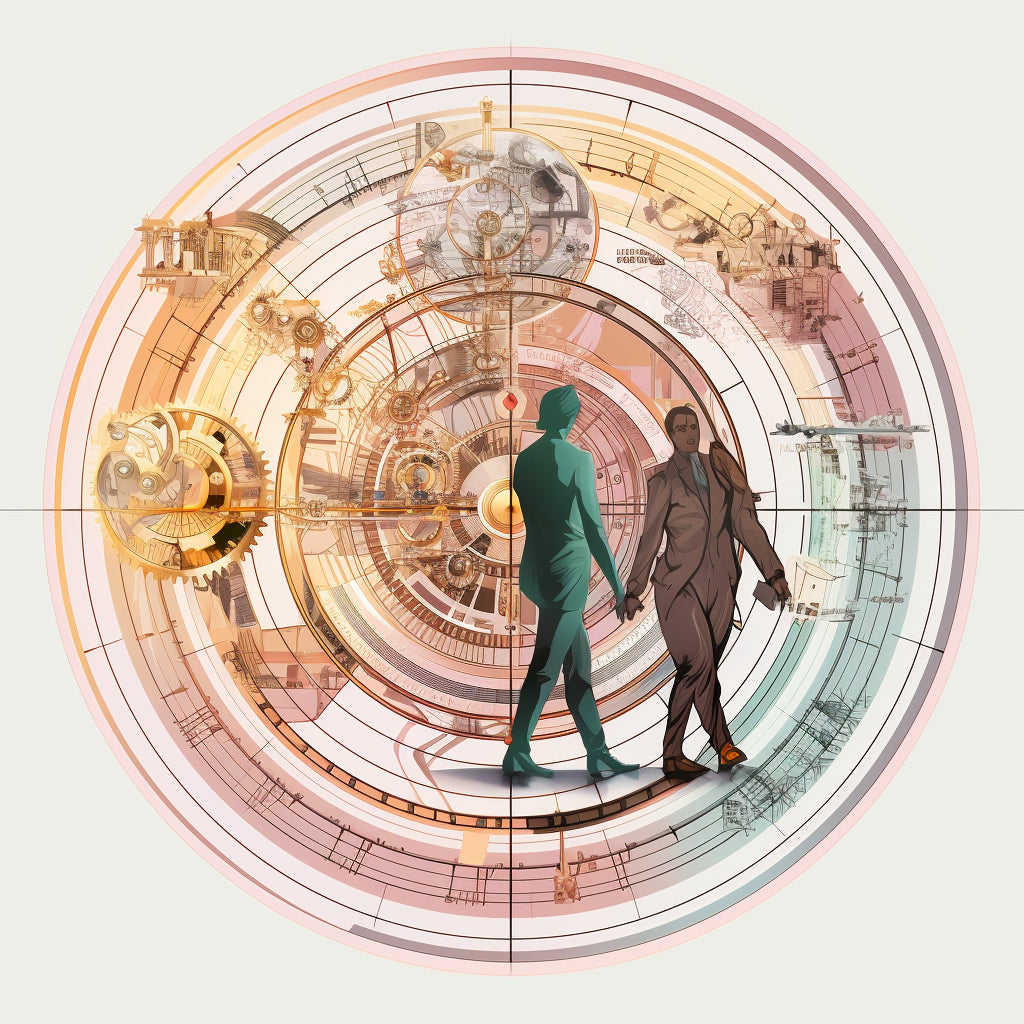When Andropause and Menopause Don't Line Up!
Menopause, a natural biological process marking the end of a woman's reproductive years, is often accompanied by a myriad of physiological and emotional changes. One of the areas most profoundly affected by these changes is sexual health and intimacy. While menopause is a shared experience for all women, its impact on sexual intimacy varies widely. Moreover, the timing and symptoms of menopause can sometimes be out of sync with a partner's andropause, leading to challenges in maintaining a harmonious intimate relationship.
The hormonal shifts during menopause, particularly the decline in estrogen, can directly influence a woman's sexual health. Reduced estrogen levels can lead to vaginal dryness, making intercourse uncomfortable or even painful. This physical discomfort can, over time, lead to a decreased desire for sexual activity. Additionally, other symptoms of menopause, such as hot flashes, mood fluctuations, and sleep disturbances, can indirectly affect libido. A woman grappling with fatigue from disrupted sleep or mood swings may not feel her usual self, impacting her desire for intimacy. Beyond the physical realm, the emotional and psychological dimensions of menopause can also play a significant role in shaping one's sexual life.
For some women, the end of reproductive ability can lead to feelings of loss or a shift in self-perception, which can affect how they view themselves as sexual beings. On the other hand, some women feel liberated from the possibility of pregnancy and find their post-menopausal years to be among the most sexually fulfilling.
However, while a woman is navigating the waters of menopause, her male partner might be experiencing andropause, often referred to as "male menopause." Andropause is characterized by a gradual decline in testosterone levels, which can lead to changes in sexual function, mood, and energy levels. Unlike menopause, which has a relatively defined timeframe, the onset and progression of andropause can be more gradual and less predictable.
This mismatch in timing can sometimes lead to a disparity in sexual desires and needs between partners. For instance, a woman experiencing vaginal dryness and discomfort might be less inclined towards frequent sexual activity, while her male partner, in the early stages of andropause, might still have a relatively high libido.
Conversely, a post-menopausal woman might feel a renewed sense of sexual freedom just as her partner is beginning to grapple with erectile challenges or decreased sexual desire associated with andropause. Navigating these changes requires open communication, understanding, and patience.
Couples can benefit from seeking medical advice for physical symptoms, such as vaginal dryness or erectile difficulties. Therapies, lubricants, or medications can often address these challenges. Moreover, counseling or sex therapy can be invaluable in helping couples communicate their feelings, understand each other's experiences, and find new ways to connect intimately.
Menopause and andropause, while natural life stages, can introduce complexities into a couple's sexual relationship. By understanding these changes, communicating openly, and seeking support when needed, couples can continue to nurture intimacy and connection in their evolving relationship.






















